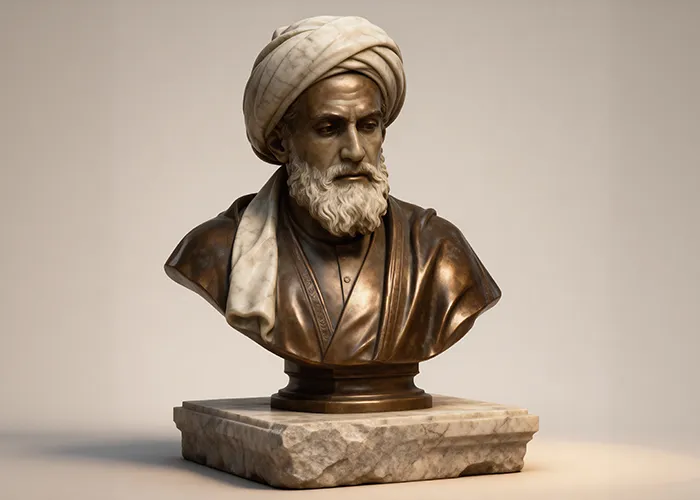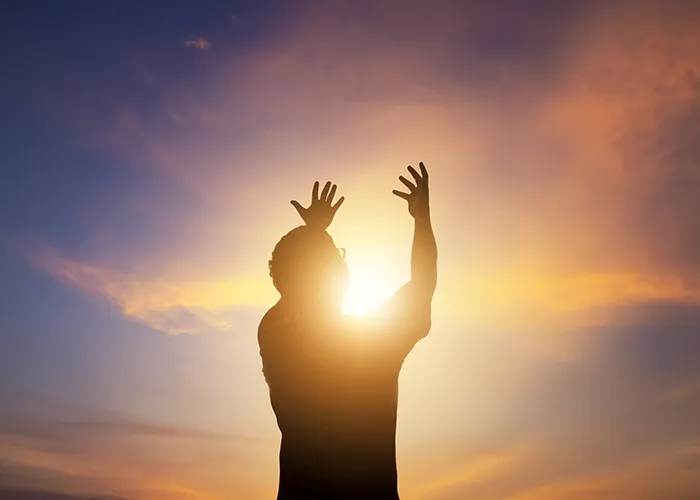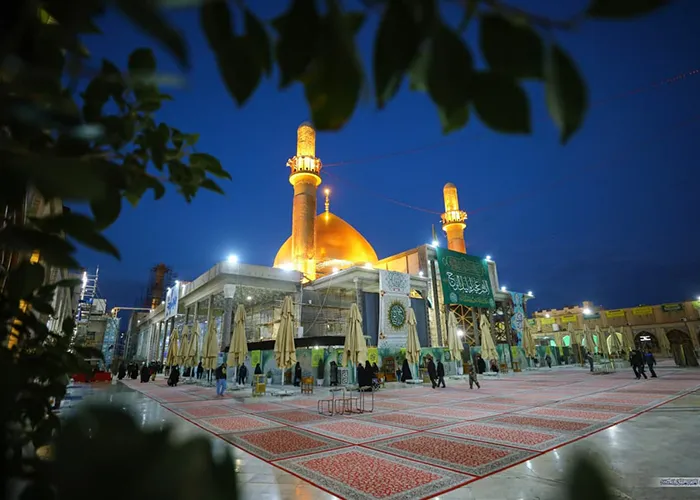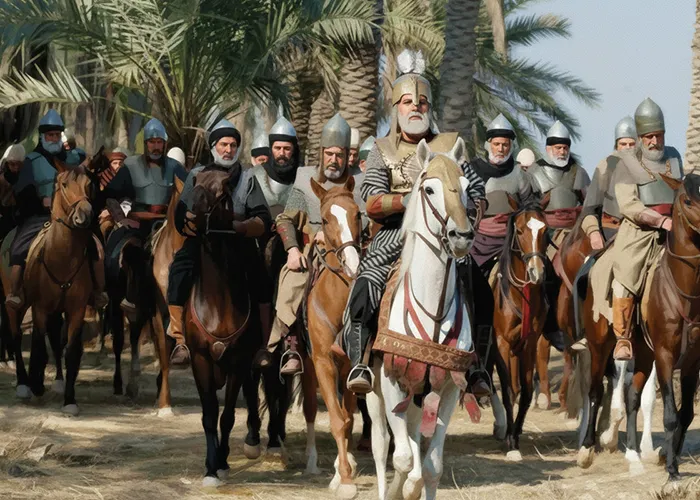Editorial – volume02 Issue41
Week of 8-14 October 2025: Remembrance, Reason and Responsibility
Introduction
This weekly issue looks ahead to three occasions in the coming week and offers short, faith-rooted reflections that mosque leaders and cultural centre managers can use in sermons, classes or community programmes. Each entry explains the occasion, says why it matters today, and gives a practical, Islamic perspective, with an accompanying Qur’anic verse or ḥadīth where relevant.
16 Rabīʿ al-Thānī: The punishment of the people of Ṣāliḥ (some reports)
According to some traditions, this day marks the sending of divine punishment on the people of Prophet Ṣāliḥ after they wilfully hamstrung Allah’s she-camel – a dramatic example of collective denial and cruelty. The Qur’anic account of that episode appears in Sūrah al-Shams and a few other Surahs in Holy Quran:
فَكَذَّبُوهُ فَعَقَرُوهَا فَدَمْدَمَ عَلَيْهِمْ رَبُّهُمْ بِذَنْبِهِمْ فَسَوَّاهَا ﴿شمس، ۱۴﴾
“They denied him and hamstrung her; so their Lord brought upon them destruction for their sin and levelled [their dwellings].” (Sūrah ash-Shams 91:14)
Why it matters today: The story warns against communal complicity in wrongdoing, the normalisation of cruelty and the moral danger of staying silent while injustice happens. Islam teaches accountability for both action and deliberate consent: refusing to oppose a wrong can make one morally responsible.
Message for Muslims Today: Stand against cruelty and public wrongdoing – silence or tacit approval corrodes community trust and invites harm.
18 Rabīʿ al-Thānī: Birth of al-Muḥaqqiq al-Hillī (Najm al-Dīn Jaʿfar b. al-Ḥasan al-Hillī), eminent Shīʿī jurist (602 AH / 1205 CE)
This date marks the birth of al-Muḥaqqiq al-Hillī, a towering medieval Shiʿi jurist whose Sharā’iʿ al-Islām fī Masā’il al-Ḥalāl wa al-Ḥarām became a foundational manual and later inspired the vast commentary Jawāhir al-Kalām.
Why it matters today: His work exemplifies how disciplined scholarship preserves and transmits legal and ethical knowledge across generations; in plural societies, rigorous and compassionate jurisprudence helps Muslims live their faith with integrity and justice. Islam prizes both learning and its responsible transmission, as Imam Ali (as) says:
زَكَاةُ اَلْعِلْمِ بَذْلُهُ لِمُسْتَحِقِّهِ وَإِجْهَادُ النَّفْسِ بِالْعَمَلِ بِهِ.
“The zakāh (purifying alms) of knowledge is to bestow it upon those who deserve it, and the self’s striving is to labour to act upon it.”
Message for Muslims Today: Invest in sound learning and teach with humility -scholarship that is shared responsibly strengthens community resilience and moral clarity.
20 Mehr: Hafez Day (commemoration of Shams al-Dīn Hafez of Shiraz)
The 20th of Mehr in the Persian calendar is widely observed as Hafez Day; a cultural commemoration of the poet Hafez (14th century), whose ghazals play a central role in Persian literary and spiritual life. In recent decades the day has become a national and international occasion for readings, scholarship and cultural gatherings.
Why it matters today: Hafez’s poetry, with its layered mystical and ethical imagery, offers Muslims a way to reflect on the ethical concepts such as: fairness, loyalty, and integrity. In diverse Western contexts, his verse can help bridge cultural understanding and nourish spiritual reflection. Islam affirms the moral and aesthetic value of poetry when it promotes remembrance of God, ethical reflection or social compassion.
Message for Muslims Today: Use cultural forms such as poetry, music and literature as means to foster dialogue, spiritual reflection and mutual respect in plural societies.
Closing note
These three commemorations together invite mosque leaders and cultural managers to balance moral vigilance, scholarly responsibility and creative outreach. Each can be used as the seed for a short sermon, a study circle topic or a community event that helps people in the West make ethically wise, spiritually grounded choices in everyday life.
editor's pick
news via inbox
Subscribe to the newsletter.




